Pimlico hospitality team brings “magic of Preakness”
There are two poles of Preakness coverage: snide commentary about the crumbling facility which houses the event on the one hand, and horsemen’s praise for the experience of being there on the other.
The second – the praise – is nearly as routine as the criticism. Out-of-town horsemen enjoy Pimlico’s quiet stakes barn area, appreciate the compact setup which places all of them together in a couple of adjacent barns, and most of all give high marks to the efforts of the Maryland Jockey Club to welcome them.
This last doesn’t happen by accident. In fact, it’s the work of 45 people in the horsemen’s relations department headed by Phoebe Hayes. Her team handles everything from tickets to hotel reservations to transportation – along with the quirks and foibles of horsemen.
“You know how horsemen are: they don’t want to deal with bad juju,” Hayes said.
And yet, one year, despite repeatedly reminding herself not to, she assigned a horse’s connections to table number 13.
“His racing manager went berserk,” she remembered.of her unlucky table assignment that turned out lucky. “The horse won. So the next year they came back, and he said, ‘I want table 13.’”
All’s well that ends well, and while neither Hayes nor her team can control the results of races, their job is to ensure that everything prior to the race goes as smoothly as possible for out-of-towners dealing with an unfamiliar city.
“When the overnight comes out, we see who’s in which stakes, and we kind of assign everybody in the office a few [horsemen to work with],” said Sabrina Moore. “We figure out who has what in each race and what comps they need, and it’s like cram time: we’re just trying to get everybody their tickets as soon as possible.”
Moore and her mother, Angie Moore, bred 2021 Horse of the Year Knicks Go. She now resides in Kentucky but made her way north to work the Preakness once again, as she has for over a decade.
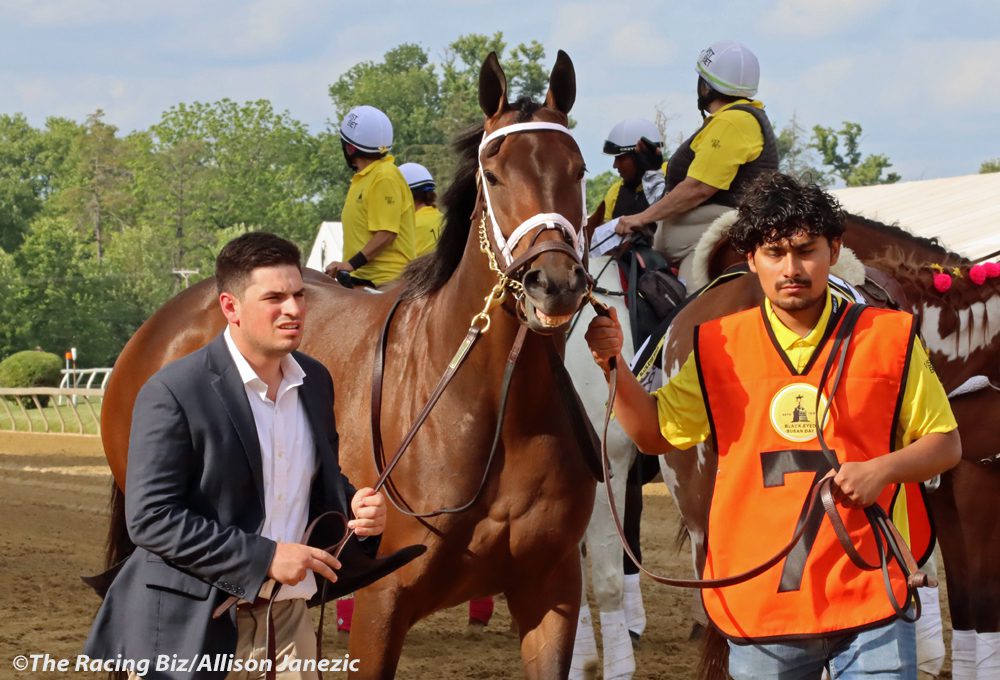
“It was just something else to be, you know, back in the stakes barn, being around all these big trainers and jockeys and things that you just normally see on TV that we don’t see on a regular basis,” Moore said. “The magic of Preakness kind of bit me, and I’ve just been coming back ever since, even from a different state. I’m taking vacation days so I can work for Phoebe.”
One thing that makes the job easier, Hayes said, is longevity: many of the same faces return year after year.
For example, Doug Simpkins, who heads the transportation team, has been involved for more than 40 years. Several of his drivers, who mostly are police officers and firefighters in their regular lives, have been driving Preakness owners for multiple decades, as well.
“The Preakness owners get one car and one driver per horse,” Hayes said. “If it’s a partnership and they need help on race day, we have multiple passenger vans, so we will drive people in. It’s easier than finding parking for them, too.”
“We want people to come to Baltimore and Pimlico and enjoy yourself,” Simpkins said in a 2017 interview. “Let us take care of the security and your ride and everything – just come and have fun. People love it – they send us letters.”
Chrissy Church, who works in administration for a law firm, is another who takes days off her regular job to work the Preakness and has been doing so for 15 years. She also volunteers with Thoroughbred Placement Resources, an aftercare program located in Upper Marlboro, MD.
“Phoebe likes to have continuity with people, because you’re kind of thrown into the deep end. There’s not a lot of time to train people,” Church said. “And so she definitely likes to have as much as possible the same people coming back year after year.”
In addition to the pre-arrival work to ensure horsemen and women have tickets, transportation and places to stay – some out-of-town grooms even stay in the backstretch dorms – the team’s perhaps even busier during the racing weekend. They’ll staff the hospitality areas, bring horsemen to and fro’, and ensure that the stakes trophies find their way to the winner’s circle at the appropriate time, among other tasks.
Pam Douglas, the wife of retired jockey Frank Douglas, says she’s been around the track for nearly 40 years and involved in this work for more than a decade. She helps Hayes manage the process and team.

“It’s an opportunity for us to be the backbone, but behind the scenes, and actually put forth the face of welcoming, you know, out of town horsemen, which is who we really cater to,” Douglas said. “But I also love when we have local horsemen because they’re the ones that keep us running year-round.”
It’s a high-stress environment, but something keeps them all coming back. Chalk it up to the magic of Preakness, perhaps.
“Every year when we get to about Thursday, people are like, ‘I can’t stand it. I’m not coming back. I’m done,’” Church said with a laugh. “And when we get to Saturday night, and everybody’s like, ‘Oh my God, so I’ll see you next year.’ Because it’s sort of like childbirth, right? You forget how painful it is and just remember how exciting it was and how much fun to see all the horses and horsemen.”
CHECK OUT THE LATEST OFF TO THE RACES RADIO!
LATEST NEWS






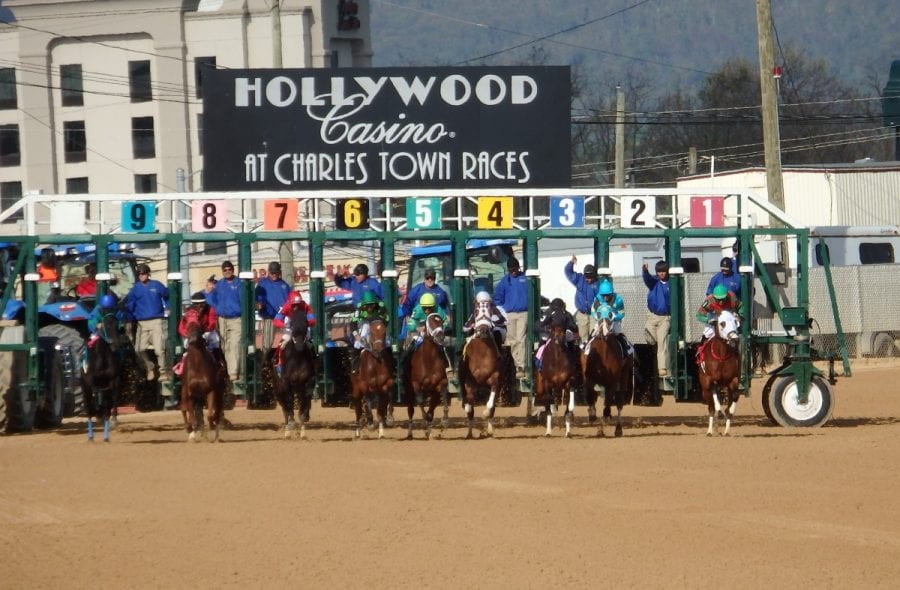
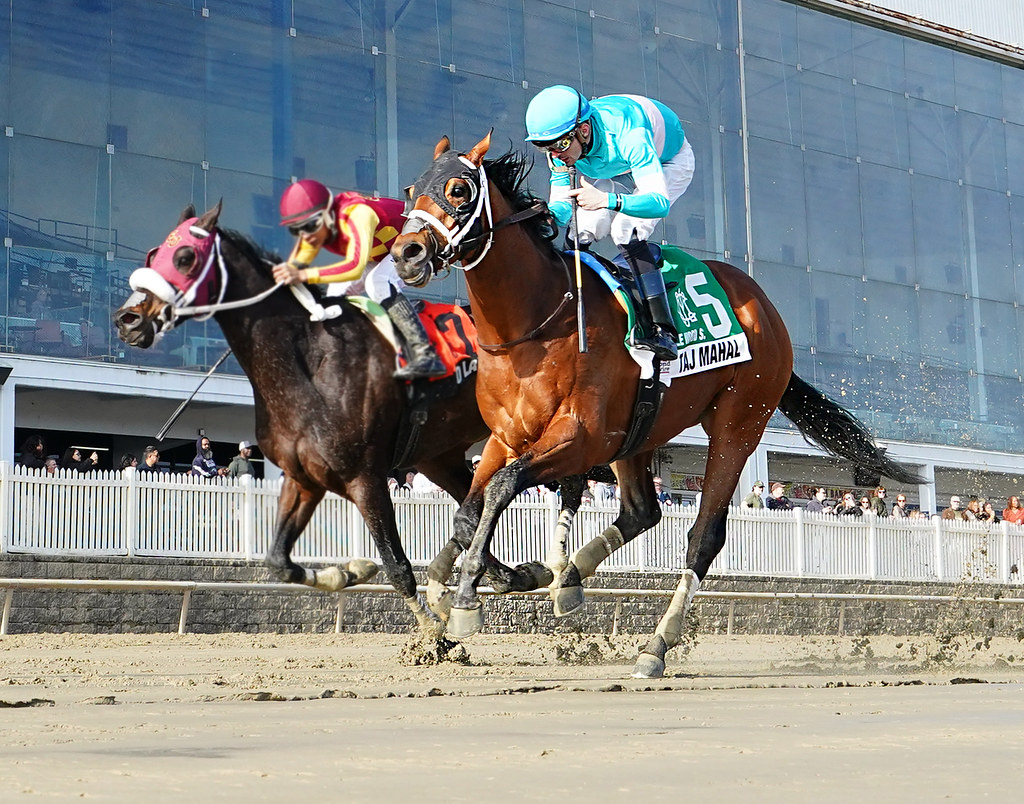
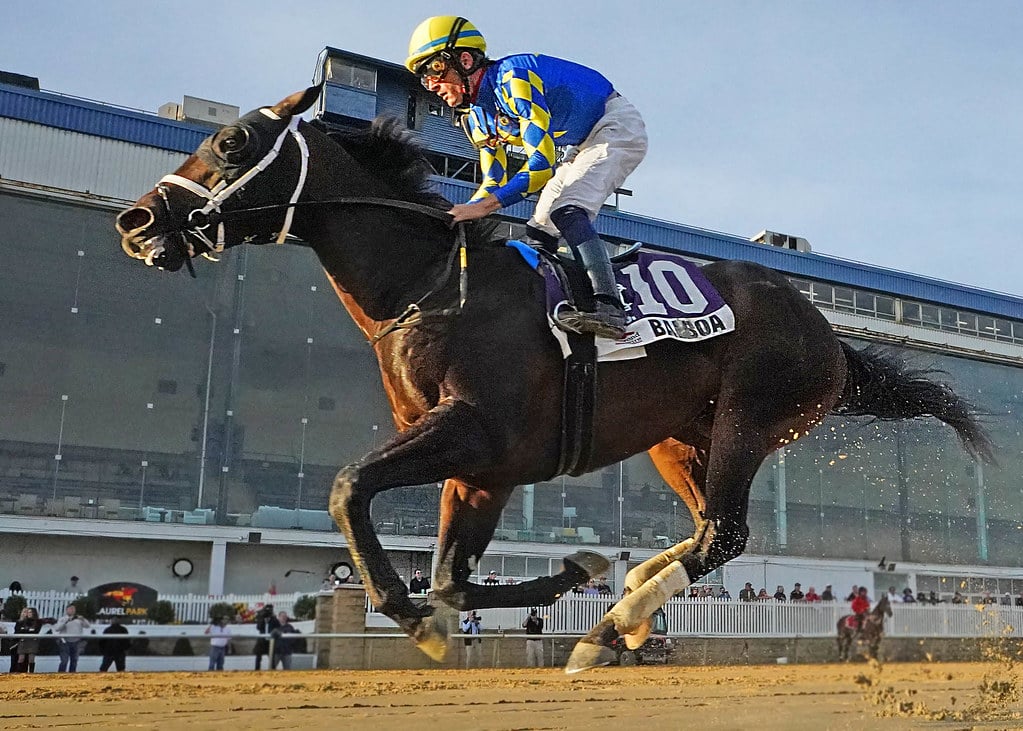
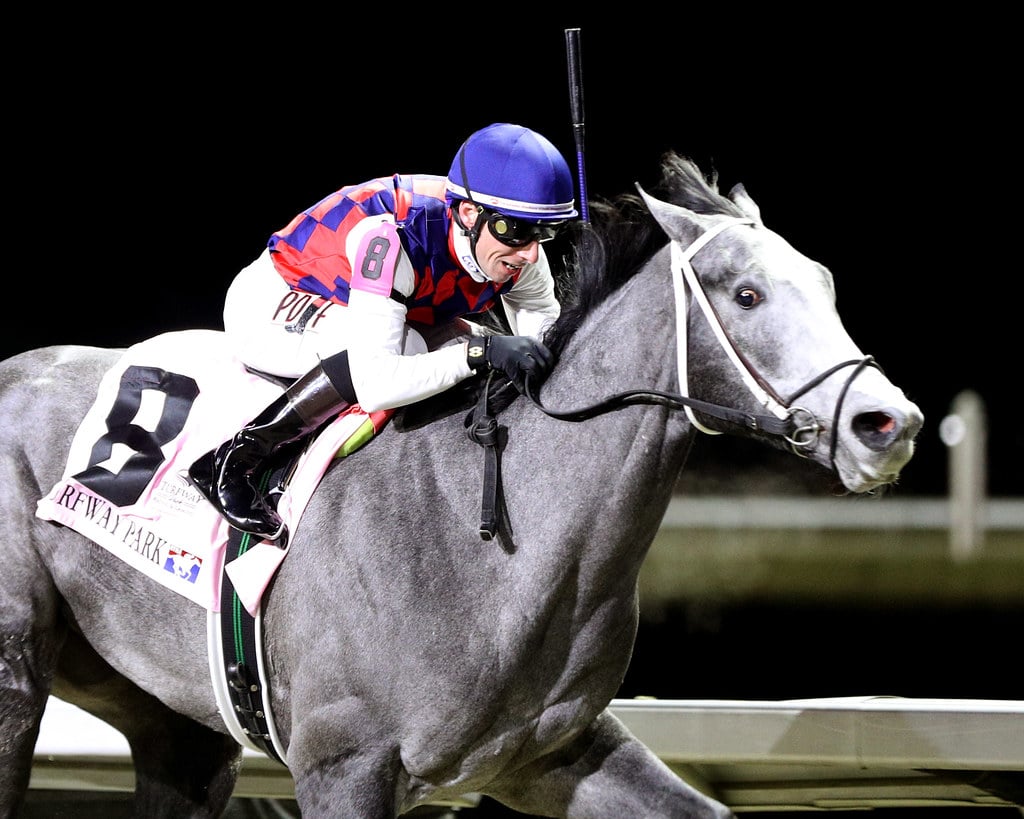











Michael Sniffen
17th May 2024What’s truly amazingly is that you never read or hear about MJC staff taking care of or going out of their way to accommodate either the racing fans or the horse bettors who actually supply the money that supports this industry. No wonder they lose money all but two days a year on which a few really class acts arrive from out of state to bail out Maryland racing.